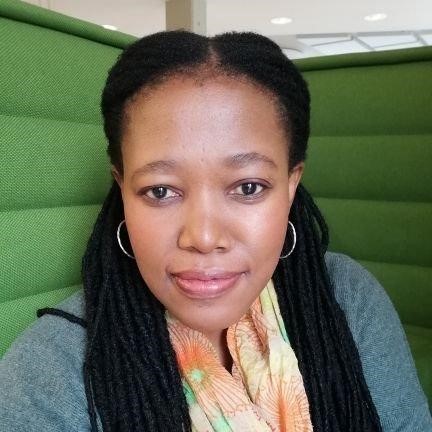Project Assistant
The Multi-Stakeholder Partnership (MSP) for an African energy transition towards “all-renewable” is a project that the High Atlas Foundation is working on alongside GermanWatch, a non-profit, non-governmental organization based in Bonn, Germany. GermanWatch seeks to influence public policy on trade, the environment, and relations between countries in the industrialized north and underdeveloped south while HAF supports Moroccan communities to take action in implementing human development initiatives and access green energy. The MSP is a diverse partnership between the economic and private sector, civil society organizations, public policy agencies, science and research institutions, and trade unions in order to lead a cooperative project for the welfare of the Moroccan society.
In order to introduce and check the progress of the Multi-stakeholder partnership, a webinar was held on July 20, 2020. Among the 15 participants were Gqiba Lulekwa who is an accredited Stakeholder Collaboration Facilitator at the Collective Leadership Institute (CLI), Kostiantyn Krynytskyi from Ecoaction, and also Dr. Yossef Ben-Meir, HAF President. The webinar lasted for two and a half hours. Lulekwa Gqiba presented the Multi-Stakeholder Partnership approach while answering questions from webinar participants.

Gqiba Lulekwa, an accredited Stakeholder Collaboration Facilitator at the Collective Leadership Institute (CLI)
The webinar highlighted the importance of the MSP, how it works, and its communication system. Presenters also stated the requirements for a functioning MSP (measures of success of the partnership) that are considered as factors of evaluation. However, this success cannot be achieved unless the steering team of the project shares a common goal and vision while executing effective communication among all the concerned parties. They also mentioned that a self-assessment of the steering team is essential in order to keep a healthy work environment while having discussions and making decisions.
In order to have a clearer vision of how the project should proceed, Kostiantyn Krynytskyi shared the Ukrainian experience with coal production and his work on the decentralization of energy. The key take-away of this experience was that local communities should be involved in the decision-making since they know more about their own problems, and their participation will encourage them to start thinking about finding solutions. Also, modeling best practices and examples are a way to help people become more aware and believe that there are always solutions and alternatives. Additionally, constantly searching for good partners is necessary for an effective and successful project.

Kostiantyn Krynytskyi, Ecoaction
At the end of the webinar, the participants showed their interest in supporting each other while focusing on achieving the steering committee’s goals.
